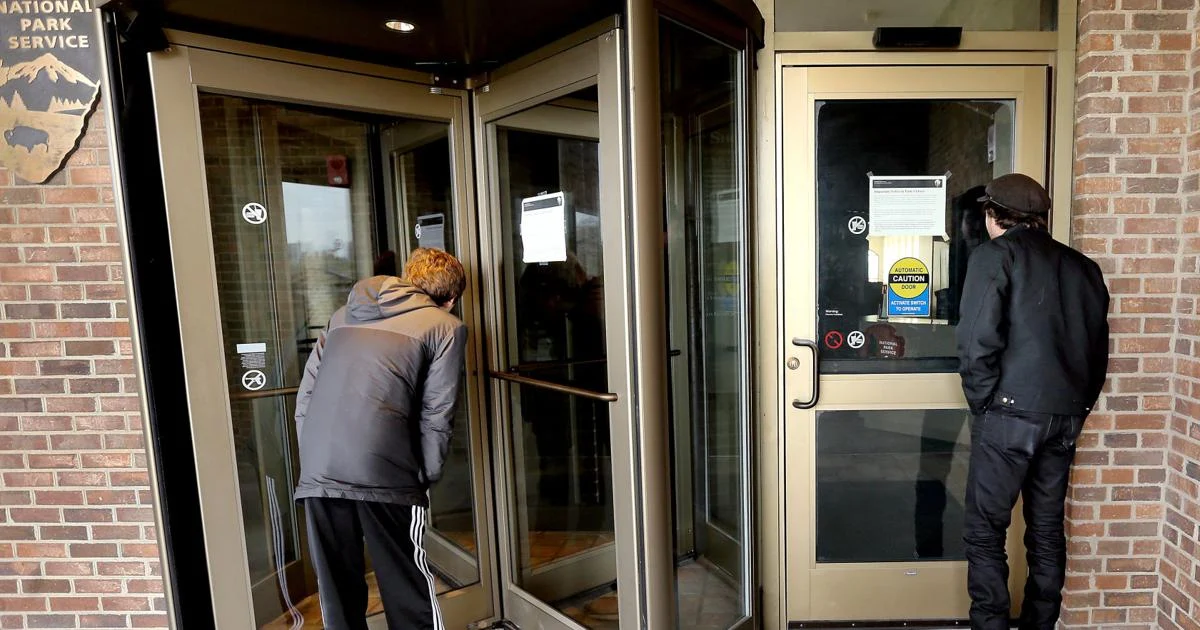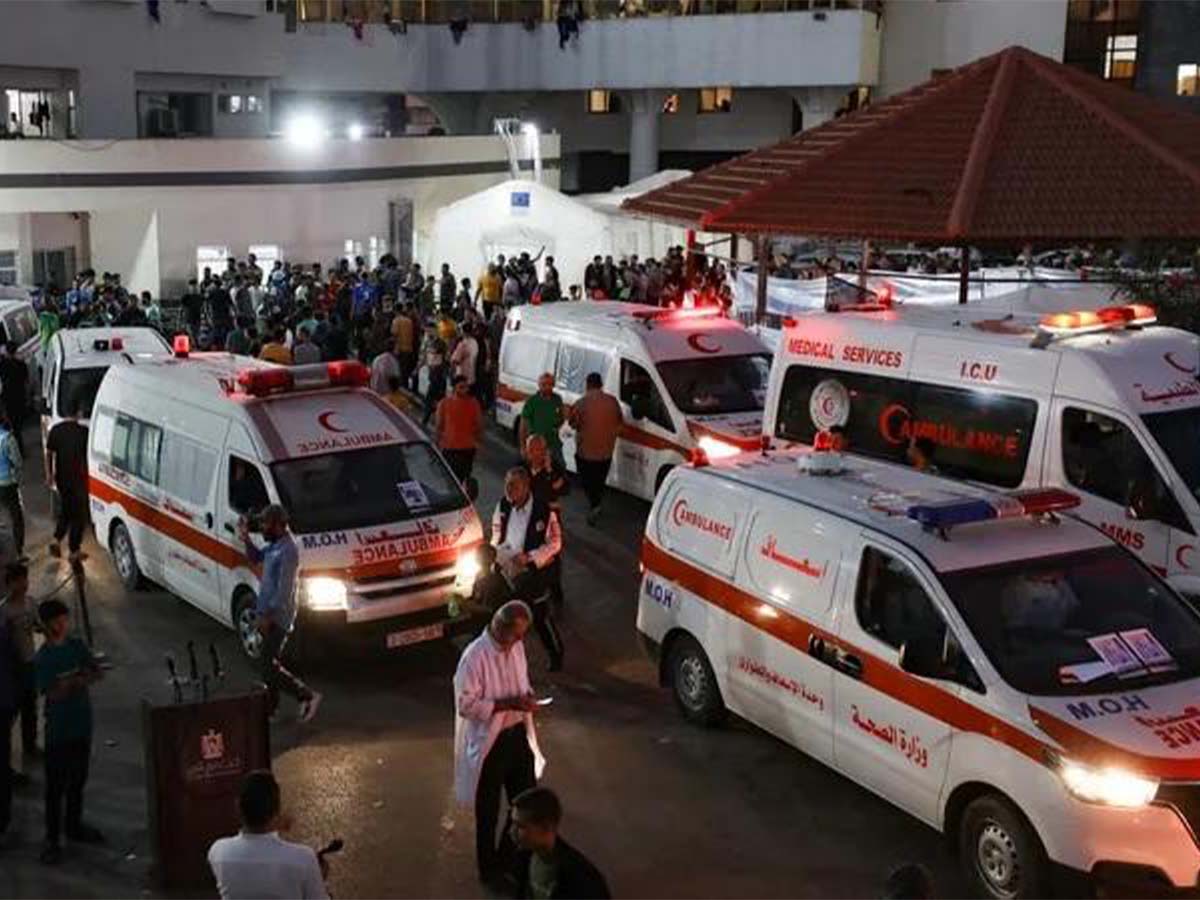
The last time a federal government shutdown hit South Carolina in late 2018 it lasted 35 days. If history repeats itself and Congress can’t make a budget deal by midnight Sept. 30, the ripple effect is expected to be the same or even worse depending on how long the stalemate goes.
A mandated work stoppage would be felt across a variety of sectors both public and private — think vendors or even restaurants that cater to government workers — but specifically land on top of the nearly 25,000 federal employees in South Carolina spread across multiple agencies and functions.
Historically, federal agencies that run out of their funding money get to determine how to implement their portion of a shutdown, primarily choosing workers deemed to be “non-essential” ordered to cease functions (i.e., stay home).
Those workers come from practically every federal agency in operation.
Most will usually receive back pay when the stalemate is over. But if a deal can’t be struck, most everyone is going to miss paychecks, including those in uniform, according to recent situational updates.
This shutdown could also be different in that the Trump administration is telling agencies they should prepare contingency plans for the possibility of a mass firing of workers.
In the 2018-19 winter stoppage, a main issue was President Donald Trump wanting Democrats to support $5 billion for a wall on the southern border. This time the issue is focused on Democrats who want Republicans to extend health care subsidies that expire at the end of the year, among other demands.
Republicans say they don’t want to add any complicated policy to their “clean” stopgap bill to keep the government open for the next seven weeks.
In addition to federal offices being shuttered, here’s a look at the likely immediate effects if a shutdown takes effect:
What will continue?
The U.S. Postal Service
The Postal Service operates on a different budget outside the federal budget as an independent agency. Delivery should not be impacted.
Social Security
Benefits will continue to be issued without interruption, though office visit availability may be curtailed.
Law enforcement
The FBI, Coast Guard and other such categorized essential public safety services will stay on the job even as pay is held back.
Airports
Airports and their vital screening and checkpoint operations will continue via the Transportation Security Administration, as will air traffic controllers. They traditionally will be made paycheck-whole once the government restarts.
Federal courts
Will continue to operate.
Weather
The National Weather Service is considered mission essential so all hurricane services will still continue throughout a potential government shutdown. The 2025 Atlantic hurricane season runs until Nov. 30.
What will see immediate interruptions?
National parks
All parks and monuments would be expected to close to public visitation or see services halted. That includes tour boats to Fort Sumter in Charleston Harbor and visitations to Fort Moultrie on Sullivan’s Island and the Charles Pinckney Historical site in Mount Pleasant, as well as Congaree National Park near Columbia.
Military bases
The state’s four major military communities are likely to experience a slowdown in activity as non-essential civilian workers are sent home.
Those sites include the Marine Corps-affiliated sites around Parris Island near Beaufort and around the two major Air Force installations in the state — Joint Base Charleston and Shaw Air Force Base near Sumter.
Joint Base Charleston had about 5,000 civilian employees at the time of the last shutdown.
The Army’s Fort Jackson outside Columbia also serves as the Pentagon’s main center for basic combat training.
Military training will continue and those in uniform will stay at their posts. An example is the Parris Island Marine Recruit Depot, where the vast majority of the population are recruits, said spokesman Mst. Sgt. Warren Peace.
All training is performed by enlisted drill instructors, so there will be no impact to that schedule.
“We will continue to make Marines,” Peace said.



